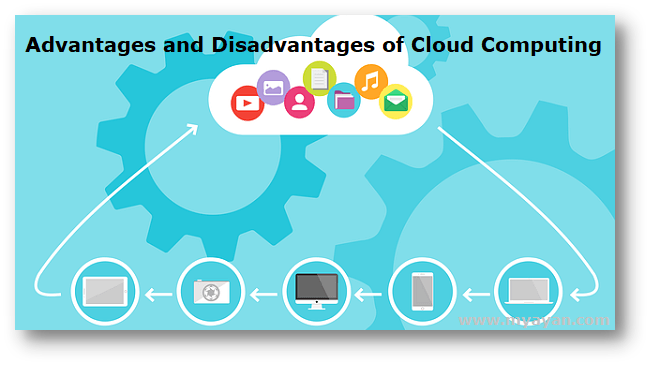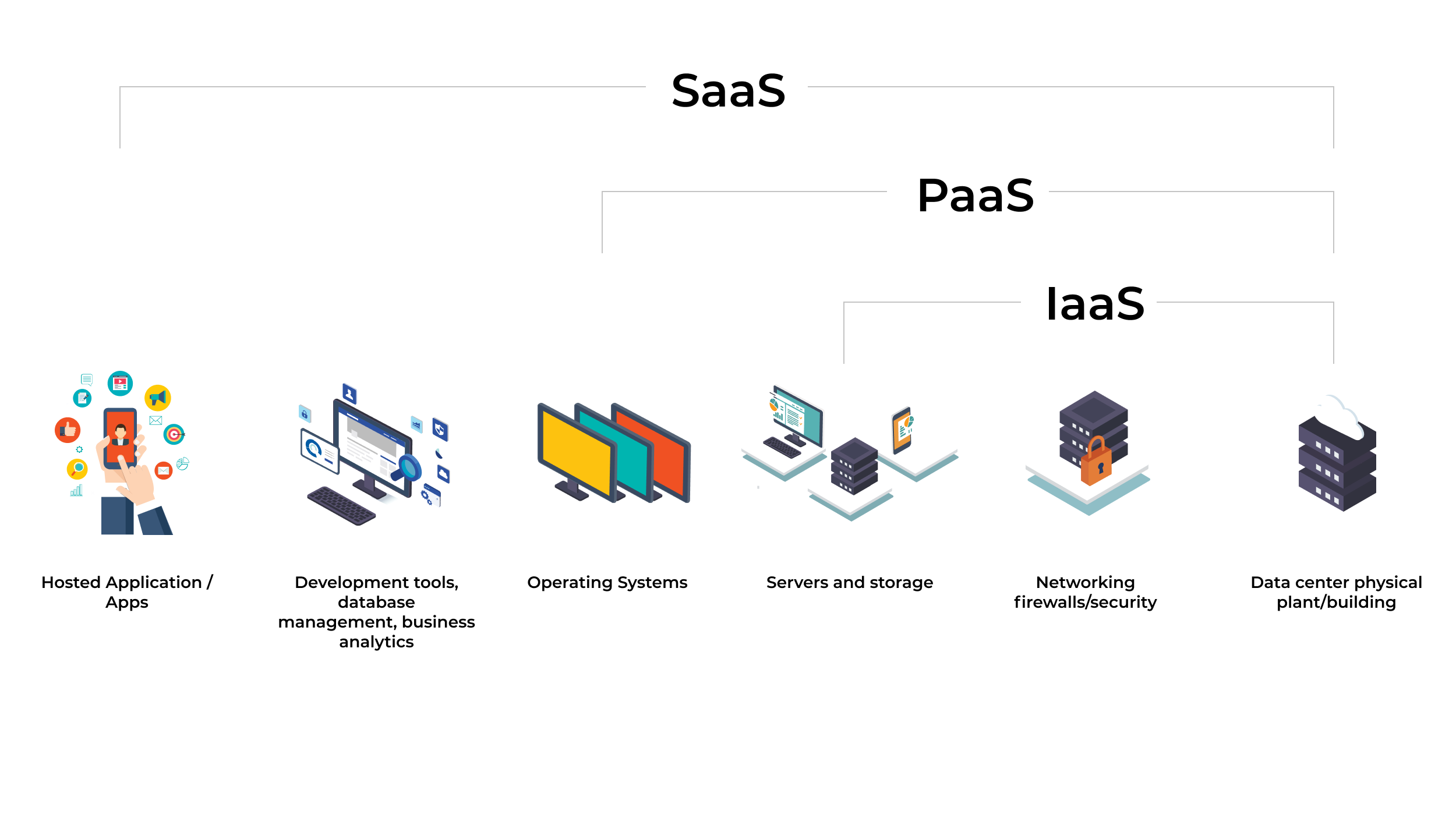Cloud Computing Advantages and Disadvantages ©
In today’s article, we will learn about Cloud Computing Advantages and Disadvantages
What is Cloud Computing?
Cloud computing is at its zenith in this era. It has several advantages and disadvantages. The term “cloud computing” refers to the online storage and access of data.
It does not save any information to your computer’s hard drive. Data from a remote server can be accessed through cloud computing.
In other words, the distribution of computer services, including servers, storage, databases, networking, software, analytics, and intelligence, is known as cloud computing.
Cloud Computing Advantages and Disadvantages
In this section, we will learn some of cloud computing’s advantages and disadvantages. This will help you make precise decisions.
ADVANTAGES
We will now learn about the advantages of cloud computing in your company:
1. Data Backup and Recovery
When data is kept in the cloud, it is simpler to back it up and restore it. It is otherwise an on-premises operation that requires a lot of time.
2. Cost-Effective
One of the main advantages of cloud computing is cost savings. The lack of investments in physical hardware, allows you to significantly reduce your investment costs. Additionally, hardware maintenance does not require trained staff. The cloud service provider handles equipment procurement and maintenance.
3. High Speed
With the help of cloud computing, you can easily and with very few clicks establish your service. You can obtain the resources needed for your system more quickly thanks to this speedier deployment.
4. Flexibility
Employees may access all available services whether they are working on-site or in remote locations. All they require is Internet access.
5. Strategic and Operational Advantage
A competitive advantage over your rivals is provided by cloud computing. One of the best benefits of cloud services is that you can always access the newest programs without having to spend time or money installing them.
6. Limitless storage
Storage space is virtually endless in the cloud. You may always quickly increase your storage space for meager monthly costs.
7. Resilience
One of the main advantages of cloud hosting is reliability. You can always receive an immediate update on changes. You don’t need to wait a long time.
8. Speedy Operations
The benefit of quick deployment is the final benefit of cloud computing. Therefore, if you choose to use the cloud, your overall system can be up and running in a matter of minutes. However, the length of time relies on the type of technology utilized in your company.
DISADVANTAGES
Besides a lot of advantages, cloud computing also has a few drawbacks. Some of them are mentioned below:
1. Downtime
Working with cloud computing requires taking into account downtime. This is due to the possibility of power outages, poor internet connectivity, service maintenance, etc. for your cloud provider.
2. Security Risk
Security risk is another disadvantage of using cloud computing services. You should be fully informed before implementing cloud technology that you will be handing over all of your company’s sensitive data to a third-party cloud computing service provider. This data might be accessed by hackers.
3. Internet Accessibility
A strong Internet connection is essential for cloud computing. Cloud access requires an active internet connection. Additionally, there are no alternative means for you to collect data from the cloud.
4. Lower Bandwidth
Many cloud storage service providers place restrictions on users’ bandwidth utilization. Therefore, if your company exceeds the allotted amount, the additional fees could be very expensive.
5. Technical Difficulties
Technical problems and outages are a given with cloud computing. Despite upholding strict maintenance standards, even the greatest cloud service provider businesses occasionally run into problems of this nature.
6. Performance Variations
Your application is running on a server that is also providing resources to other organizations when you are working in a cloud environment. Any selfish actions or DDOS attacks on your tenant could have an impact on how well your shared resource performs.
Conclusion
We cannot ignore the reality that Cloud Computing is the area of network-based computing that is expanding the fastest, despite all its benefits and drawbacks. Customers of all sizes, including novice users, programmers, businesses, and all different kinds of organizations, can significantly benefit from it. Therefore, this technology is not here to sojourn.
TezHost is one of the greatest and most trustworthy multinational web hosting companies, offering desktop-based cloud servers at reasonable rates to its customers. It has highly qualified and skilled staff in each profession, who are there for your assistance 24/7.
TezHost Editorial
TezHost Editorial staff is a team of Marketing experts lead by Arif Wali
Comment:






No Comments yet!